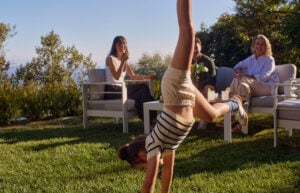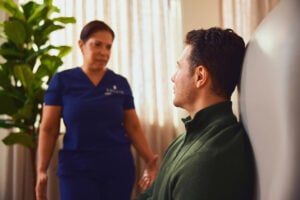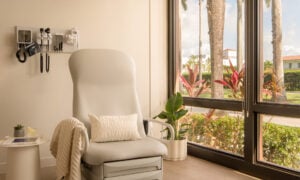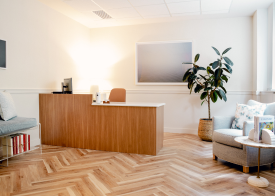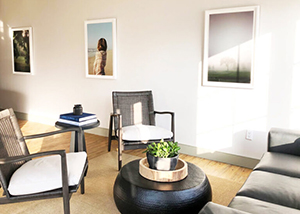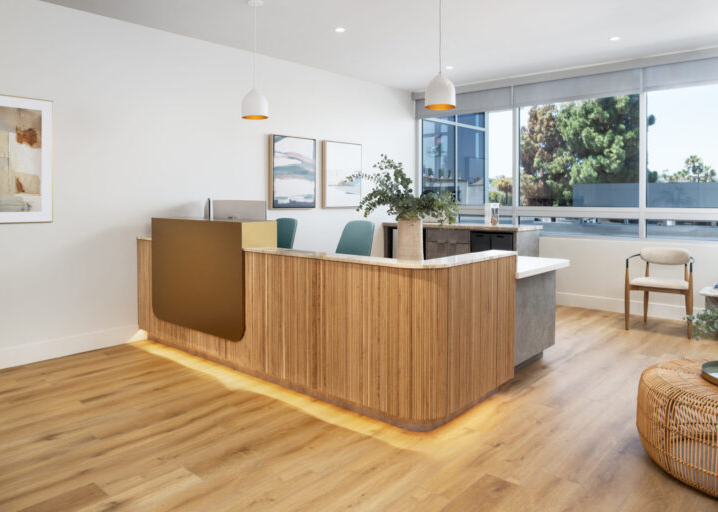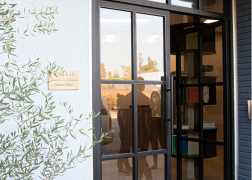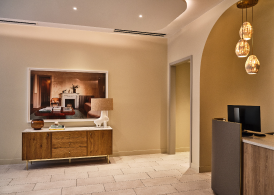When and how were you first diagnosed with psoriasis?
I was 3 1/2 years old. I was diagnosed after I felt small bumps behind my ear that felt like chicken skin. It got severe around 11 years old. I was covered in scales from the neck down.
How did you find out you also have psoriatic arthritis and Reynaud’s Syndrome?
I can’t remember when Reynaud’s Syndrome was discovered but it was sometime in my teens. My psoriatic arthritis wasn’t correctly diagnosed until I was in my early 40s, though I believe it started in my 30s.
What sort of treatments have you tried, and what’s been the most effective?
I changed my diet completely. No gluten, no dairy, no soy, limited sugar and alcohol which did help dramatically. I used topical steroids for years when my psoriasis was at its worst but they left terrible scars, thinning my skin from overuse. I take a medication now which has been the most effective in controlling both my psoriasis and my psoriatic arthritis.
“I built my style as protection: as a way to feel proud and strong and beautiful in spite of having a disease that made me feel so...well, not beautiful.”
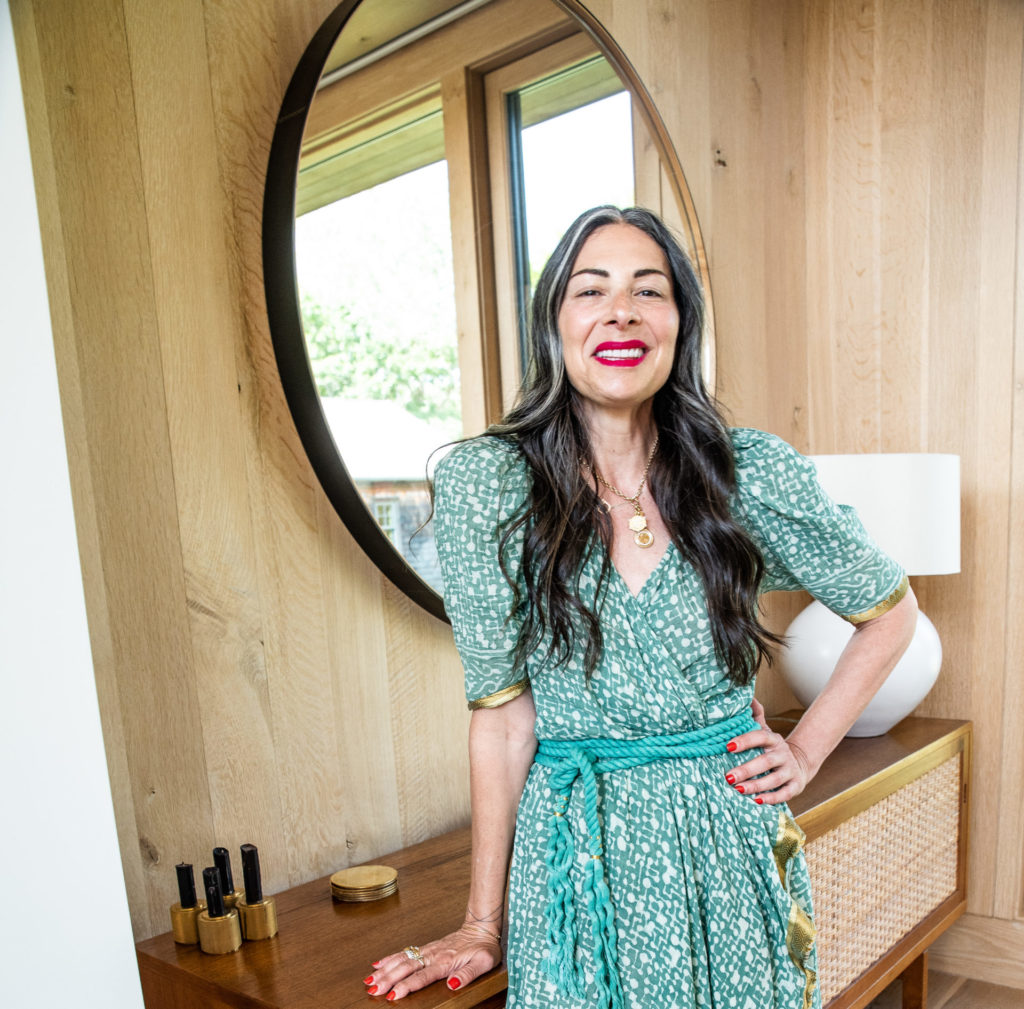
How did you find out you also have psoriatic arthritis and Reynaud’s Syndrome?
I can’t remember when Reynaud’s Syndrome was discovered but it was sometime in my teens. My psoriatic arthritis wasn’t correctly diagnosed until I was in my early 40s, though I believe it started in my 30s.
How did having a skin disease as a child inspire you to get into a career in fashion?
Feeling ugly and insecure, fashion seemed beautiful and perfect when I was young. It took me a long time to realize the fashion industry runs on insecurity. My self-esteem had to come from being and presenting who I wanted to be in the world. I can take or leave fashion and trends but personal style is everything.
Any funny anecdotes about dealing with these conditions on the set of What Not To Wear (or for that matter, in the offices of Vogue)?
I never really discussed my autoimmune issues in the workplace, mostly because when your disease isn’t visible (my skin cleared up at 17 when I had my chronically-infected-with-strep tonsils removed) people tend not to take it that seriously. But when we had a guest on WNTW who had had surgery and deep scars because of it, I opened up about my psoriasis and the steroids that left such deep scars because I truly empathized with her pain. It was a really cathartic moment for both of us. I told my whole story in my book The Truth About Style.
You’ve said style can be a weapon against psoriasis. What do you mean by that?
Anything that combats the insecurity a disease like psoriasis can cause is a tool in your arsenal. Finding my personal style was also about finding my comfort level with showing my skin when I had an outbreak or showing my scars. Either way, I built my style as protection: as a way to feel proud and strong and beautiful in spite of having a disease that made me feel so…well, not beautiful.
“When my psoriasis was very visible, I had to reassure people I wasn’t contagious. When my psoriatic arthritis was at its worst, I had to convince people I was sick. The misconceptions can be exhausting to have to constantly explain.”
How has living with autoimmune conditions impacted your experience of going through menopause?
I haven’t seen the data around autoimmune diseases and menopause but I expect with the decrease in hormones it may have exacerbated my joint pain and my mood.
What’s the craziest medical horror story you can share with us?
I was 11 years old and my psoriasis was so bad at that point, I was photographed nude at a medical conference for a bunch of doctors. That sense of humiliation is one I don’t love thinking about.
What do you think are the biggest misconceptions about psoriasis, psoriatic arthritis, and Raynaud’s Syndrome? Is there anything you wish you could make people understand better?
How long have you got? When my disease was very visible, I had to reassure people I wasn’t contagious. When my psoriatic arthritis was at its worst, I had to convince people that I was sick. The misconceptions about my diseases, and really all chronic diseases, can be exhausting to have to constantly explain.
What do you foresee your Sollis membership will provide for you?
Practitioners who care (and really take the time to follow up!), patients who don’t have to wait and be patient—and an incredible network of specialists.
Any good words to live by?
You can’t get to the Renaissance without the Crisis.
